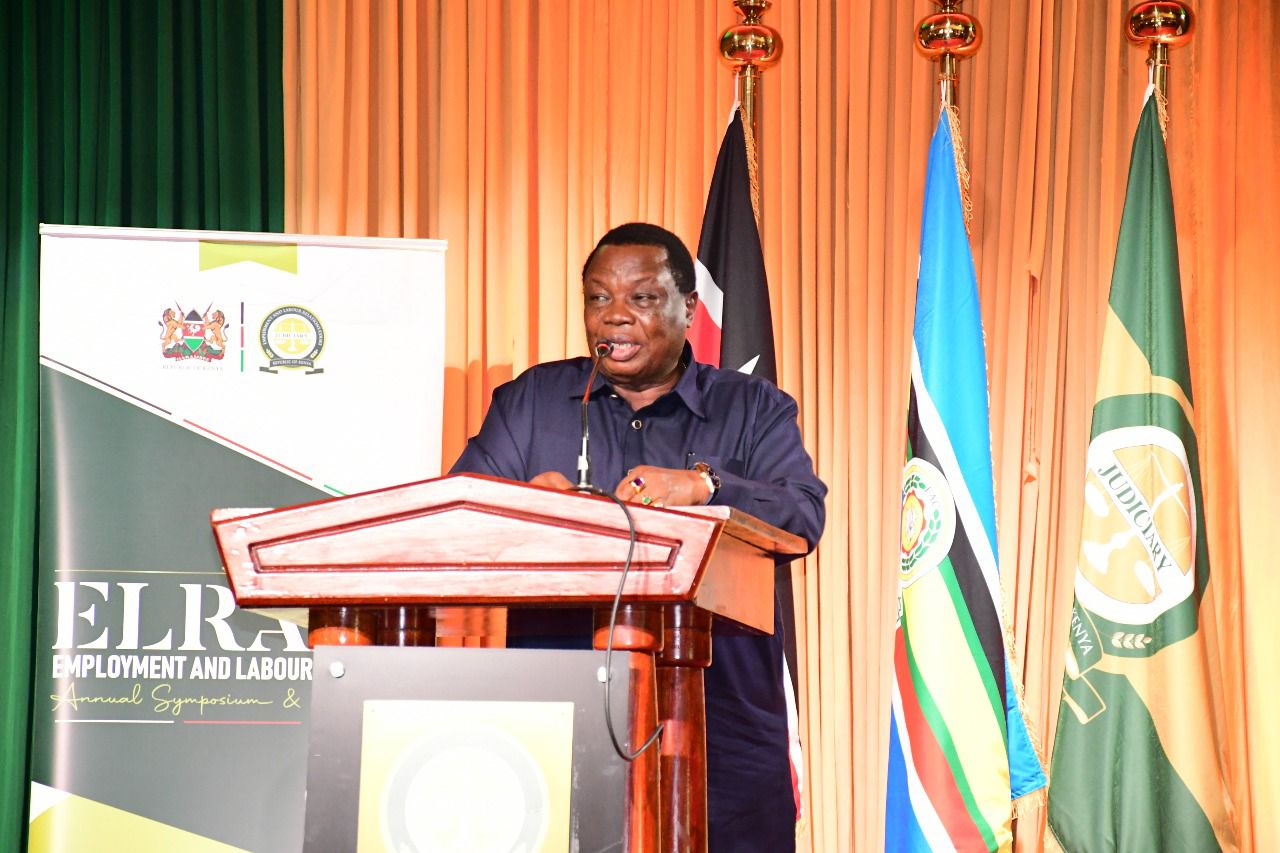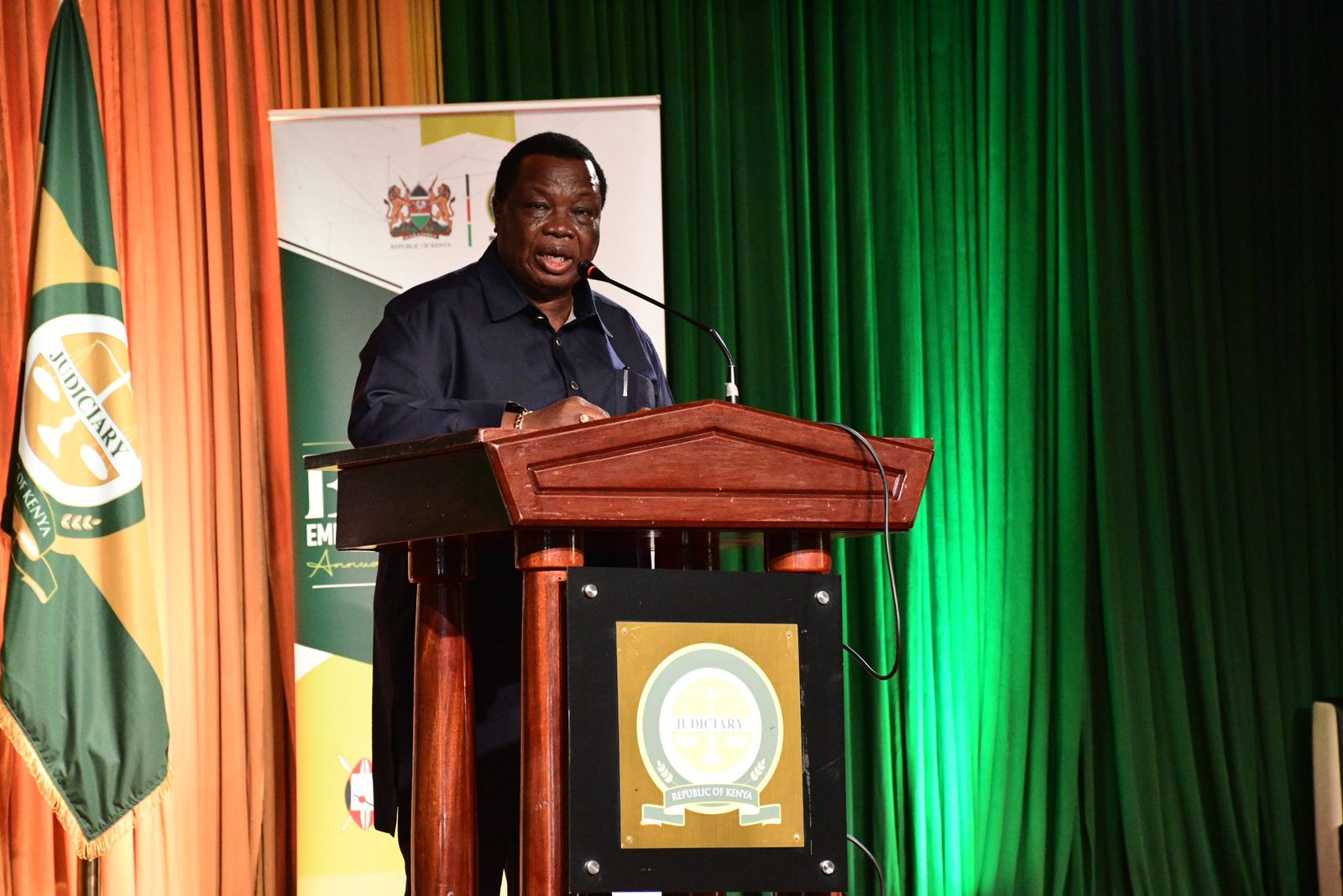

The Central Organisations of Trade Unions (Cotu-K) Secretary General Francis Atwoli has outlined the vital role the Employment and Labour Relations Court plays in the country.
Atwoli said the court holds a special place in the country's democratic society, considering it serves as the cornerstone of justice for workers, ensuring that their rights are protected, their voices are heard and their dignity is upheld.
Atwoli was speaking on Monday at the third Employment and Labour Relations Annual Symposium and Exhibition (ELRASE III) at Strathmore University in Nairobi.
"This Court remains the brainchild of the trade union movement in Kenya, and what the trade union movement had in mind was that the weak must be protected," Atwoli said.
He noted that under tripartism arrangements, the weak remain to be the workers since employers and governments have so many routes to access justice, unlike the workers.
He said that as representatives of workers, trade unions have over the years looked upon the labour relations court for protection.
According to Atwoli, the court has over the years transformed into an important forum for workers, employers, and trade unions to seek redress, settle grievances, and enforce labour laws, which ultimately contributed to the growth and development of the jurisprudence in our labour laws.
"Equally, the Court has become a satellite of reference to the entire continent of Africa with most Countries coming to Kenya to learn how this Court is constituted," Atwoli noted.
Atwoli called for adequate resources to be allocated to the court to enhance its capacity and efficiency, even as alternative dispute resolution mechanisms, such as mediation and arbitration, are explored, to expedite the resolution of labour disputes.
"This court plays a leading role in not only shaping jurisprudence around the rights of children but also in ensuring that the laws and policies around child labour are interpreted in a manner that promotes compliance."
He raised concern that child labour continues to deny millions of children their fundamental rights both globally and in Kenya.

He said that many children still work in hazardous conditions, away from classrooms, exposed to risks that damage their health, limit their potential and entrench cycles of poverty.
He further noted that Cotu (K), together with affiliates and partners, has been at the forefront fighting against child labour.
This has been done through working closely with the ILO in the implementation of Conventions 138 and 182, which Kenya has ratified.
The aim is to ensure that minimum age standards and the elimination of the worst forms of child labour are upheld.
"Through our trade union structures, we have monitored workplaces and sectors where child labour is most prevalent, particularly in agriculture, domestic work, and the informal economy, and raised the alarm where violations occur," Atwoli said.
He said COTU has also invested in awareness and education campaigns within communities, empowering parents and workers to understand the long term harm of child labour and the benefits of keeping children in school.
According to Atwoli, stronger social protection and decent wages for parents are the best way to protect a child and to ensure that their parents have secure and dignified work.
The three-day forum, officially inaugurated by Chief Justice Martha Koome, brings together key players in the employment and labour sector.
The agenda is to deliberate on pressing issues, with this year’s theme focusing on the “Prohibition and Elimination of Child Labour.”













